A full guide for claims managers and examiners in each state of the United States.
What is “claims adjusting”?
Claims adjusting is sending out a qualified and experienced insurance adjuster to investigate an insurance claim, typically on behalf of the insurance company.
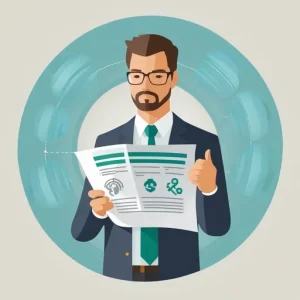
What is claims management or claims administration?
From the side of the claims adjuster, claims management means making sure all the claims they receive—from various corporations and insurance companies—are managed using their proprietary claims management system and overseen by their team to ensure nothing escapes the “diary” (their internal action tracker). It’s about managing the full process end-to-end so claims are handled timely and properly.
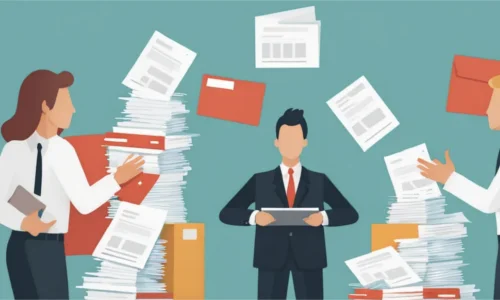
What is Multi-Line adjusting?
It doesn’t mean it includes all types of claims adjusting, but multiple categories. Multi-line adjusters handle claims like property, general liability, cargo, and other types—not just one specific insurance claim type. For example, residential, large commercial properties, and so on. Some multi-line adjusters might not do things like workers’ compensation. It’s more of a general term meaning multi-line adjusters are not limited to one area.
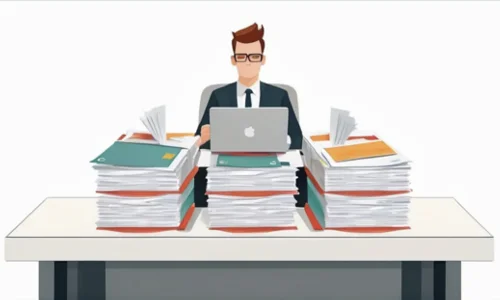
How many types of insurance adjusting exists?
- AUTOMOBILE LIABILITY
- PROPERTY CLAIMS
- TRUCKING LOSSES
- PROFESSIONAL LIABILITY
- VEHICLE APPRAISALS
- FRAUD
- GENERAL LIABILITY
- SURVEILLANCE SERVICES
- CARGO
- COMMERCIAL PROPERTIES
- SPECIAL INVESTIGATION UNIT (SIU) (sometimes referred to as “fraud”)
TPA VS third party administrator VS third party adjuster:
A TPA is a Third Party Administrator, not a third party adjuster. They’re licensed like adjusters, but they handle the entire claims process on behalf of an insurance company—from intake to investigation to payout using the insurer’s funds. Third party adjusters are a part of the process, but not the whole thing.
If you’re an insurance company, a TPA manages your whole claims handling operation. It’s like outsourcing that entire department to another company.
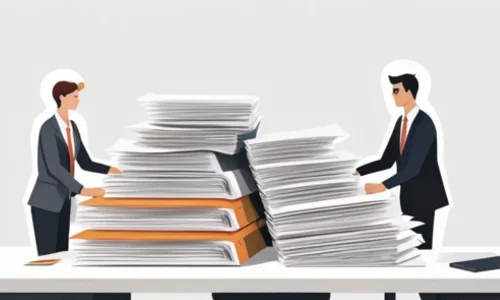
Are private adjusters and public adjusters the same thing?
Definitely not. A public adjuster represents the person filing the claim—they advocate for the policyholder. Private adjusters, on the other hand, are independent adjusters (sometimes referred to as “IA”). Independent adjusters represent the insurance company during the investigation.
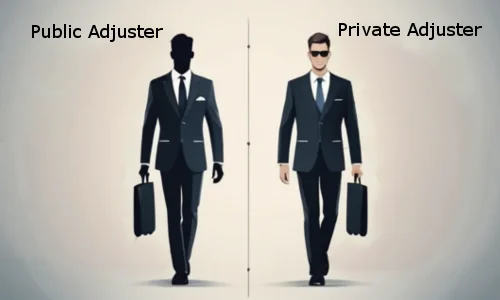
When and why and how to hire an independent claims adjuster?
When you have an insurance claim that needs to be investigated and you don’t have a staff adjuster available because there is none or the ones you have are too busy. It could also be when you don’t have another independent adjuster available because none for that location or those you normally rely on are too busy or otherwise not available. This is an answer for field adjusters, which is what we use… but could also apply to desk (remote or virtual) adjusters. Our field adjusters can also do desk work but we are promoted as field adjusters. You find them by looking in your company roster of approved adjusters. Or you look on various industry directories online or in hard copy books. Sometimes you find them by asking around and get referred to us by a co-worker. You might even had your own list of possibles from earlier emails or promo of some type that you saved in case you needed to try someone new.
Who benefits from claims adjusting services and why would they hire a claims adjuster firm?
Every insurance company benefits because they make their money from the difference between what insurance payments (premiums) they collect and what payments (on claims) they pay out. Examiners benefit the same because they are tasked with making sure the claim is valid, the payment is correct, and the insurance policy coverage was followed properly. Examiners and claims managers directly as they are directing the claims and their investigations and authorize payments. A good adjuster helps them look good.
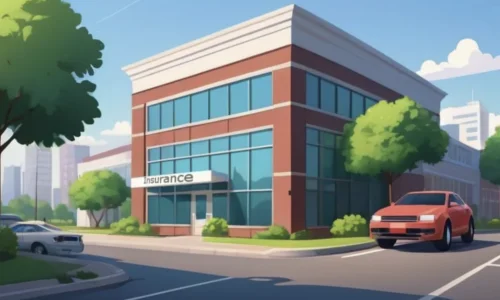
What are the different types of claims adjusters?
Field adjusters, desk adjusters (same license and activity but different work environment and investigation procedure) can be either Staff or Independent.
If you mean types of adjusters based on types of claims… all kinds.
Property, auto, liability, bodily injury, workers’ compensation, catastrophe, marine and aviation, specialty claims.
What is the adjuster process? How does claims get investigated?
Claim sent to the adjuster telling him what to investigate. Makes the initial contact with the insured, keeps investigating by interviews, inspections, getting and looking at records/reports (police, medical, etc.), sometimes recorded interviews. Makes reports along the way on what found. Like a Preliminary report, a Status report (in progress), a closing report. All sent to examiner/claims manager. It stays closed. At some time in the future, because of legal or some other disagreement, it can be reopened and investigation continued.
What are some common issues with independent claims adjusters that you should look out for?
- Lack of avaialbility
- Low coverage or no coverage in your area
- Being too expensive
- Shady or complicated pricing models
- Slow delivery of insurance investigation reports
- Slow response rate or no response at all
- Incomplete investigations
- Incomplete reports
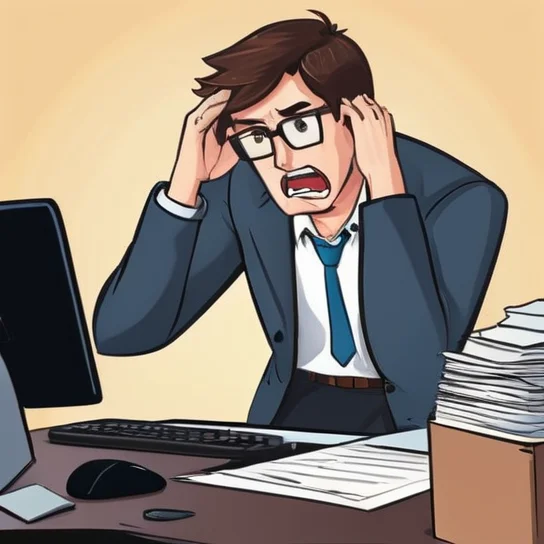
What questions are generally asked from an Independent adjuster firm or an adjuster?
These questions cover: capability, compliance, reliability, and alignment to your company’s values and goals.
Qualifications & Experience
- What types of claims do you specialize in (e.g., property, auto, liability, workers’ comp)?
- How many years of experience do you or your firm have?
- Are your adjusters licensed in all required states and up to date with CE requirements?
- Can you provide references or case studies from other carriers you’ve worked with?
Geographic Coverage & Capacity
- What regions do you cover, and how quickly can you deploy adjusters to my location?
- Do you have CAT (catastrophe) response capability?
- What’s your average turnaround time for assignments by region or claim type?
Technology & Reporting
- What claim platforms are you integrated with (e.g., Xactimate, Symbility, Guidewire)?
- How do you submit reports—PDF, XML, direct CMS upload, or via API?
- Can you support photo/video documentation, drone inspections, or 3D scanning?
- Do you provide real-time status updates or client portals for tracking?
Compliance & Standards
- How do you ensure adjusters follow carrier-specific guidelines and local regulations?
- Do you have internal quality control or peer review before submitting reports?
- How do you manage licensing compliance across different states?
Performance Metrics
- What are your average cycle times from inspection to report delivery?
- How do you track adjuster performance (accuracy, timeliness, customer satisfaction)?
- Do you provide KPI dashboards or performance scorecards?
Pricing & Billing
- Do you offer flat-rate pricing, hourly, task-based, or blended models?
- Are your travel or reinspection fees clearly itemized and pre-approved?
- Can you scale up during CAT events without increasing costs disproportionately?
Customer Experience
- How do your adjusters handle customer communication and empathy?
- What kind of training do your adjusters receive on soft skills and conflict resolution?
- How do you handle complaints or customer dissatisfaction?
Operational Flexibility
- Can you customize workflows or processes to match our internal procedures?
- How do you handle claim reassignment if an adjuster is unavailable or delayed?
- Are you willing to provide weekend or after-hours service if needed?
Communication & Escalation
- Who is the main point of contact or account manager for our team?
- How do you handle urgent claims or escalations?
- How frequently do you provide status updates or check-ins during the claim process?
What vital questions you should ask from an independent claims adjuster?
Do you handle the specific type of claims I need adjusted (property, auto, liability, workers’ comp, etc.)?
Do you cover the geographic area where I need adjusting services?
How quickly can you deploy an adjuster after I submit an assignment?
Are your adjusters licensed and compliant in all required states?
What is your average turnaround time from inspection to final report?
What technology or claims platforms do you use, and do you provide real-time status updates?
What quality control measures do you have to ensure reports are accurate and consistent?
What is your pricing model, and are travel or additional fees clearly itemized?
How do you handle urgent claims or reassignment if an adjuster is unavailable?
Can you provide references or examples of past work with other carriers
What is the process of insurance claim adjusting (from start to finish)?
Once a claim is assigned, there is initial contact and the adjuster reports follow. The examiners expect to hear that the claim was received, who is working on it, that initial contact was made (we say within 48 hours) a preliminary report given in a timely fashion, reports along the way, until the final report is done when the investigation is completed. We deliver reports and evidence from the investigation. All electronically, usually by email. Depending on the type of claim, and if we are assigned to do all of it or some of it, they take shorter or longer.
How to properly “vet” an independent insurance claim adjusting company?
Check their reviews, their website. Ask for references. Talk to anyone who uses them.
How to submit a claim adjusting assignment for a third party insurance claims adjuster?
Head over to this link to submit an assignment: https://www.churchill-claims.com/submit-assignments/
If you have question or need more help, you can reach out here: https://www.churchill-claims.com/contact/
What should your claim adjustment assignment include or contain?
All the info found here: https://www.churchill-claims.
What is the expected turnaround time for a claim adjusting assignment?
For casualty and property it varies. But the main point on this is… we are rarely late with a report, which includes the closing report. We statiscize our TATs. And are almost always at 100% on time reports. Which translates to claims being done on time. We don’t get TMs for when the claims should be done. They take what they take. We have records of date received and date closed for every assignment. Could be a week. A few weeks. Month, months, etc. depends on type of assignment, the situation. Sometimes we don’t get full assignments and just task assignments (part of an assignment) so… not really a standard. Better to judge by reports being on time.
What can you expect in your finished report of a claim adjusting assignment?
A crystal clear report that is easy to follow and understand and leaves no questions. We have standard formatting. Reports are run through proofers technical reviewers and final passes by supervisor before it goes out.
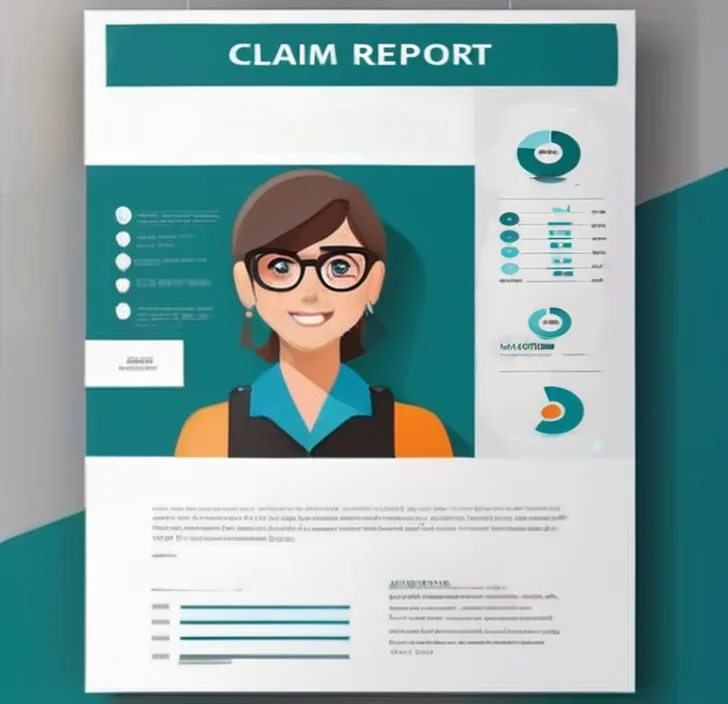
What makes Churchill Claims Services (i.e. churchill-claims.com) so valuable as an independent adjusting firm?
Churchill Claims Services was founded in 2001 by experienced in-house desk examiners. Since then, it is known for its integrity and technology driven approach that give straightforward, comprehensive reports without hassle or unnecessary complexities.
The culture of honesty, integrity and relentless work performance at Churchill Claims independent adjusting firm was established by its founder John Hawkings who was inspired by Winston Churchill’s leadership during World War 2.
All of Churchill Claim’s reports are frustration free, accurate, on time and standard. In fact, it is guaranteed. This quality of reporting is possible due to Churchill Claim’s revolutionary approach to investigations and reporting where a report gets double checked for accuracy, reviewed by supervisors and proof read before completion.
This allows customers of Churchill Claims to relax and relax confidently, knowing the end result is reliable and quick.

Additionally, while Churchill Claims is physically located in Florida, it is also operating nationwide with a versatile multi-line and vetted roaster of adjusters capable of adjusting any claim possible:
- Special Investigation (fraud or SIU)
- Professional Liability
- Trucking losses
- Automobile losses
- General liability
- Vehicle appraisals
- Property claims
- Vehicle appraisals
- Surveilance services
- Cargo claims
- Commercial property claims
A supervisor checks and reviews every investigation done by and adjuster. Additionally, they also use a proprietary custom built software to ensure claim adjusters have the necessary support and help, to keep a detailed log of actions and to enforce critical follow-ups so no vital action is omitted. Therefore Churchill Claims can practically guarantee a complete and accurate investigations.
Since its inception, Churchill Claims have continuously grown and expanded.
Their client list includes (but not limited to):
- Hanover Insurance
- Burns-Wilcox Insurance
- Monticello Insurance
- Scottsdale Insurance
- Atain Insurance Companies
- Ohio Mutual Insurance Group
- K&K Insurance
- Mutual of Enumclaw
- U.S. Liability Insurance
- Travelers Insurance
- Great American Insurance
- AmTrust Group
- Vanliner Insurance
- Clarendon National
- Northland Insurance
- Knight Transportation
- MMG Insurance
- ArcBest
While there are many companies like Churchill Claims Services, little to few does have this kind of robust service line, customer support and rigorous review on each submitted work.
In a summary:
- Churchill Claims Services stands out by having a real-world-know-how.
- They provide what they have always done, so they know what you need.
- Excellent speedy support and availability.
- They employ tested and experienced claims adjusters, so you can rely on their reports.
- They use a specialized software for claims adjusting to minimize errors and time delays. This software is used by the whole team and can even be used by client examiners.
- They double check every report so you can confidently use it.
- They are present everywhere, so where ever you may be or need claims adjusting in, you can use their services.
- They can do any claims adjusting, so you don’t need to work with 3-5 claims adjusting companies at a time.
For full service level agreement (SLA) of Churchill-Claims.Com, see this link: (www.link.com —- should explain latest contact after a form submission, getting adjuster to the field in X days, report delivery in y days)
For full adjuster vetting process, see this link (www.link.com)
For full supervisor vetting process, see this link (www.link.com)
For full proofing process, see this link (www.link.com)
For full list of technologies used by adjusters, see this link (www.link.com — Mention digital workflows, mobile apps, evidence capture (photos, video, maps), telematics integration, data analytics for claims patterns and fraud.)
Where does Churchill Claims Services operate?
We provide insurance claims adjusting in the following states:
Alabama
Alaska
Arizona
Arkansas
California
Colorado
Connecticut
Delaware
Florida
Georgia
Hawaii
Idaho
Illinois
Indiana
Iowa
Kansas
Kentucky
Louisiana
Maine
Maryland
Massachusetts
Michigan
Minnesota
Mississippi
Missouri
Montana
Nebraska
Nevada
New Hampshire
New Jersey
New Mexico
New York
North Carolina
North Dakota
Ohio
Oklahoma
Oregon
Pennsylvania
Rhode Island
South Carolina
South Dakota
Tennessee
Texas
Utah
Vermont
Virginia
Washington
West Virginia
Wisconsin
Wyoming